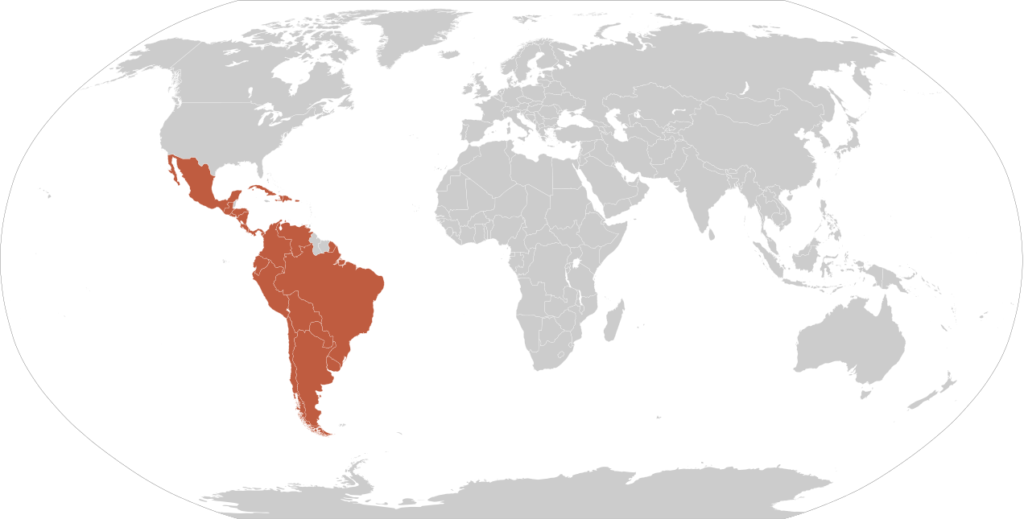The winners of the MINSA Hackathon 2017 have managed to develop an application to diagnose depression using video games. The event, created with the intention of improving healthcare in Peru using technology, took place on September 23rd and 24th at the Pontifical Catholic University of Peru (PUCP).
MINSA’s Hackathon brought together the best that Peru’s viral communities had to offer with the objective of collaborative development of software and, occasionally, hardware in order to find the more efficient and innovative solutions to issues facing the country.
The winners, a group called Vincere, led by Abel Camacho, was comprised of biomedical engineering specialists from the Cayetano Heredia University and the PUCP. The team was awarded first prize for their application, which can identify depression in the user through a series of psychological tests.
According to this report, two-fifths of the population of Peru have reported symptoms of anxiety or depression. Although mental health care is available, 98% of the mental health budget is allocated to just three specialist facilities nationwide.
In more rural areas of the country, even this kind of support can be difficult to reach. A report by the International Journal of Health points out that the most affected citizens are those without the correct access to proper treatment. While there have been more ‘natural’ solutions to combat this condition—such as using ayahuasca to treat depression— Peru still requires more solutions to assist those in need.
The Hackathon and similar events could go a long way towards solving similar problems. The second placed team, Telebot, developed an application for pre-diagnosis of disease through image-processing and machine learning that utilizes mathematical algorithms and patterns.
Third-place team Drug Surveillance Survey designed an application to report adverse drug reactions from the onset for faster and more effective care.
The event, comprised of over one hundred attendees, also featured lectures and presentations that focused on issues in the region such as dengue fever, telehealth, electronic clinical records, and more.
From here, the hope is that further developments into technology will find new solutions to old problems with an emphasis on student health, a promising sign for the future of healthtech in Peru.











